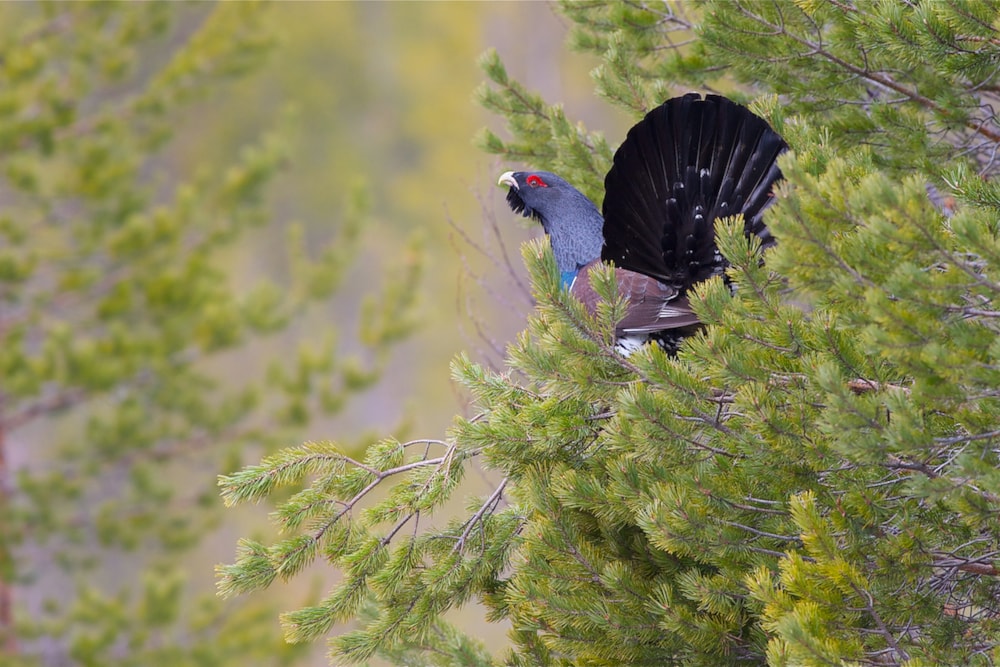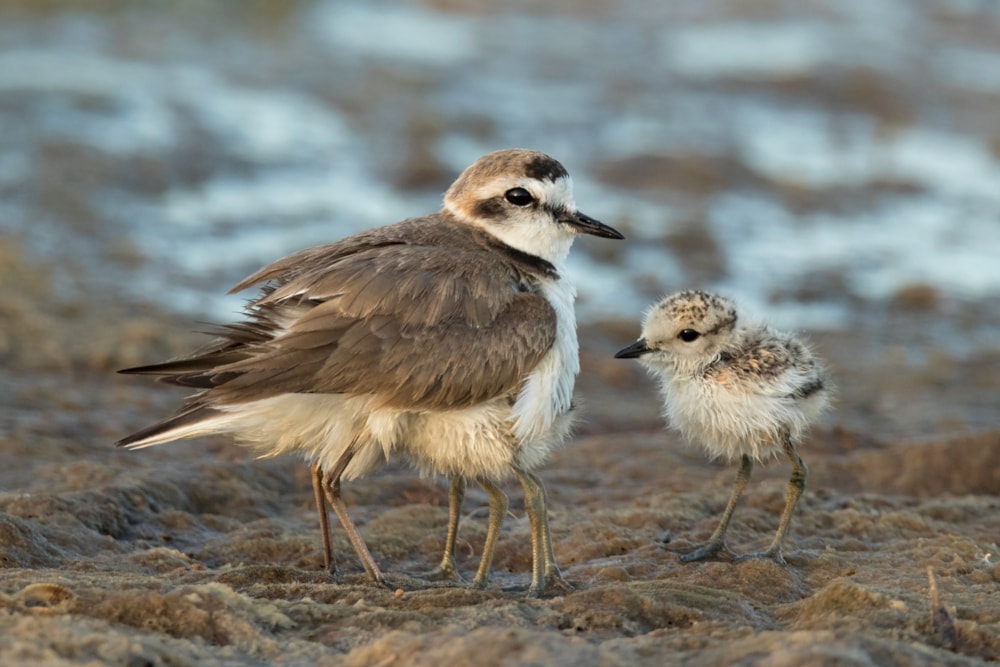A new study has shown where British bird species would exist in the absence of human activity, under research that could provide a new approach to setting conservation priorities.
The work by Durham University, in collaboration with the RSPB, investigated how human activities such as agriculture, deforestation, and the drainage of wetlands have shaped where bird species are found in Britain today.

The study found that in a 'human-free' Britain, Western Capercaillie would be far more widespread (Marc FASOL).
Researchers used data on the geographical distributions of bird species alongside simulation models to predict where bird species would exist today if the effects of human activities on the landscape were removed.
In this scenario there were winners and losers among different bird species due to the impact of humans. The study found that 42% of the 183 breeding bird species considered were more widely distributed today than they would be in a human-free world, particularly birds associated with farmland habitats.
Conversely, 28% of species, particularly moorland and upland bird species, were much rarer today than they would be if they were not impacted by human activities. The researchers say their findings, published in the journal Ecological Indicators, could apply to other parts of the world, too.
Co-lead author of the study, Dr. Tom Mason said: "Our study suggests that farmland bird species, such as European Turtle Dove and Grey Partridge, would be less widespread without the open habitats created by agriculture while moorland species, such as Golden Eagle and Greenshank, have probably been negatively affected by the long-term, extractive human use of moorlands by grazing, burning, hunting and forestry.
"We also found that species found in dense woodlands, such as Northern Goshawk and Western Capercaillie, would be much more widespread in a 'human-free' Britain, which would be much more forested than the present day."
The study produced human-free range-size estimates which were compared against current bird distributions. Conservation managers often use target population sizes, based on past distributions, to guide species' recovery programs. The impact of conservation activities can then be assessed by comparing current numbers to historical numbers of bird species. The authors argue that their approach, which instead uses simulated potential range-sizes as baselines, could complement indicators of short-term extinction risk such as the IUCN Red List of Threatened Species.

Kentish Plover would be found across South-East England in the absence of damaging human activity, the research indicated (Paul Coombes).
The researchers say that considering only recent changes in species' state can lead to a phenomenon known as 'shifting baseline syndrome,' where people set their expectations based on experiences in their lifetime. This can underestimate the plight of species that have declined due to human activities a long time ago. Previous studies have tried to combat this by using historical baselines from past centuries, however historic species' records tend to be sparse and are difficult to apply across different species.
The study also identified 10 species that are not currently found in Britain, but which might have established themselves in the country in the absence of past human activities. For example, the researchers say that Kentish Plover – which has not bred in Britain since the middle of the 20th century – was projected to be found across South-East England in the absence of damaging human activity.
The RSPB plans to use this new research as one of a number of measures of how 'favourable' breeding bird populations are in Britain as it provides an objective measure against which to assess species' ranges or distributions.
Reference
Mason, T E et al. 2021. Using indices of species' potential range to inform conservation status. Ecological Indicators. DOI: 10.1016/j.ecolind.2021.107343

